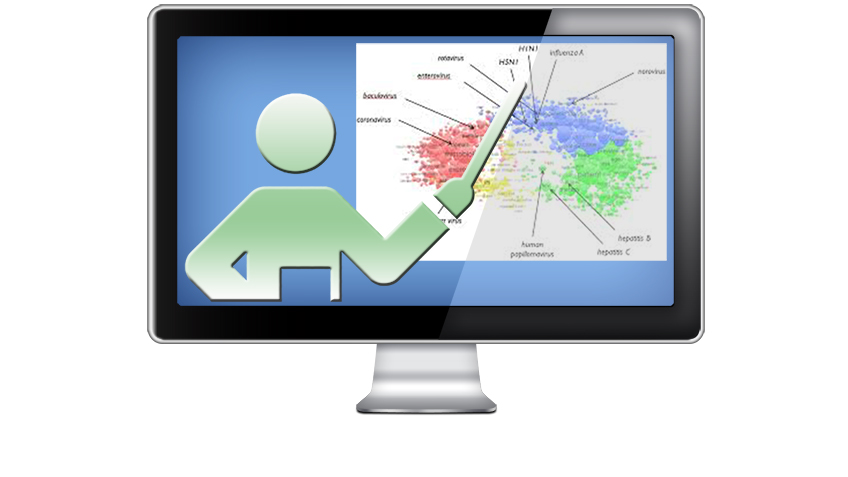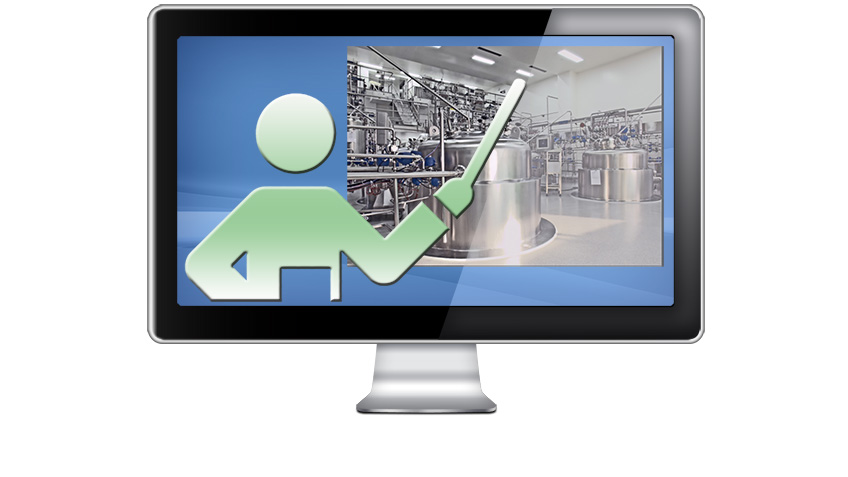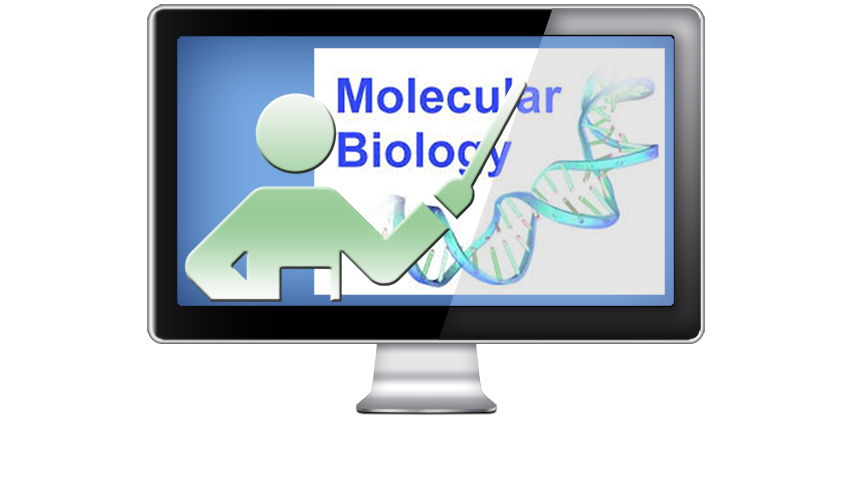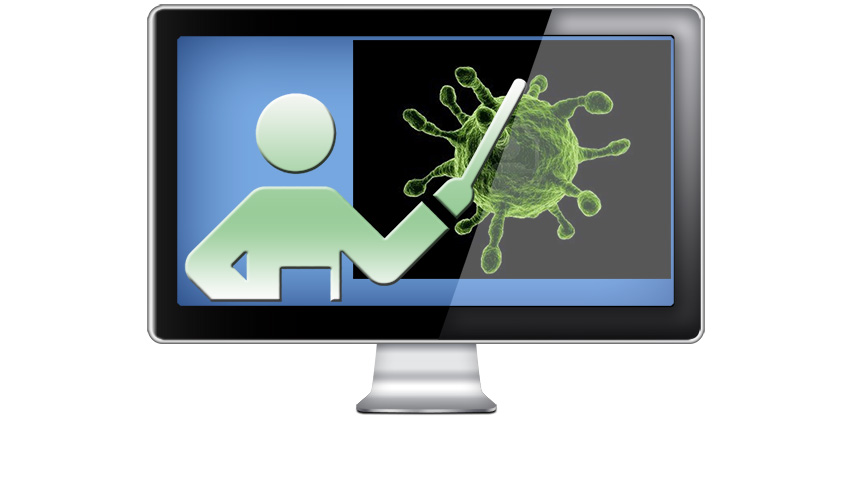10. Navigating Your Career: Strategies for Success in Challenging Job Markets
WebinarIn today’s competitive job market, a strong LinkedIn profile and strategic networking are essential to stand out and secure meaningful career opportunities. This comprehensive webinar, Navigating Your Career: Strategies for Success in Challenging Job Markets, is designed to equip professionals with the tools and insights they need to enhance their online presence, craft impactful resumes, and leverage networking for career advancement.







